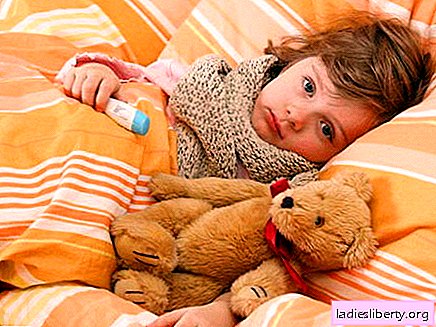
American scientists who conducted research on mice reported that newborn viral infections “cripple” part of the immune system and increase the risk of asthma later in life.
They found that the respiratory syncytial virus (RSV) deprives the cells of the immune system of the ability to suppress inflammation in the airways.
When something irritates the respiratory tract of an asthma patient, they contract, become inflamed and produce too much sticky mucus. All this can make breathing difficult.
Previous studies have shown a relationship between repeated RSV lung infections and further development of asthma.
One Swedish study found that 39% of children treated for RSV were already 18 years old with asthma. And only 9% of healthy children by this age fell ill with asthma.
How the virus does this, however, is unknown. But researchers at the University of Pittsburgh believe they have an explanation.
Their mouse experiments showed that the virus weakens the ability of a certain part of the immune system, called regulatory T cells, to suppress inflammation.
Inflammation is an important part of the fight against infection. However, chemicals in the air, dust mites, pets, and mold can cause an inflammatory disorder in patients with asthma.
RSV infection led to a complete loss of the inhibitory function of regulatory T cells, after which the mice developed symptoms similar to those of asthma.
Researchers believe their findings, published in the journal Nature Medicine, will help scientists develop ways to prevent asthma.











